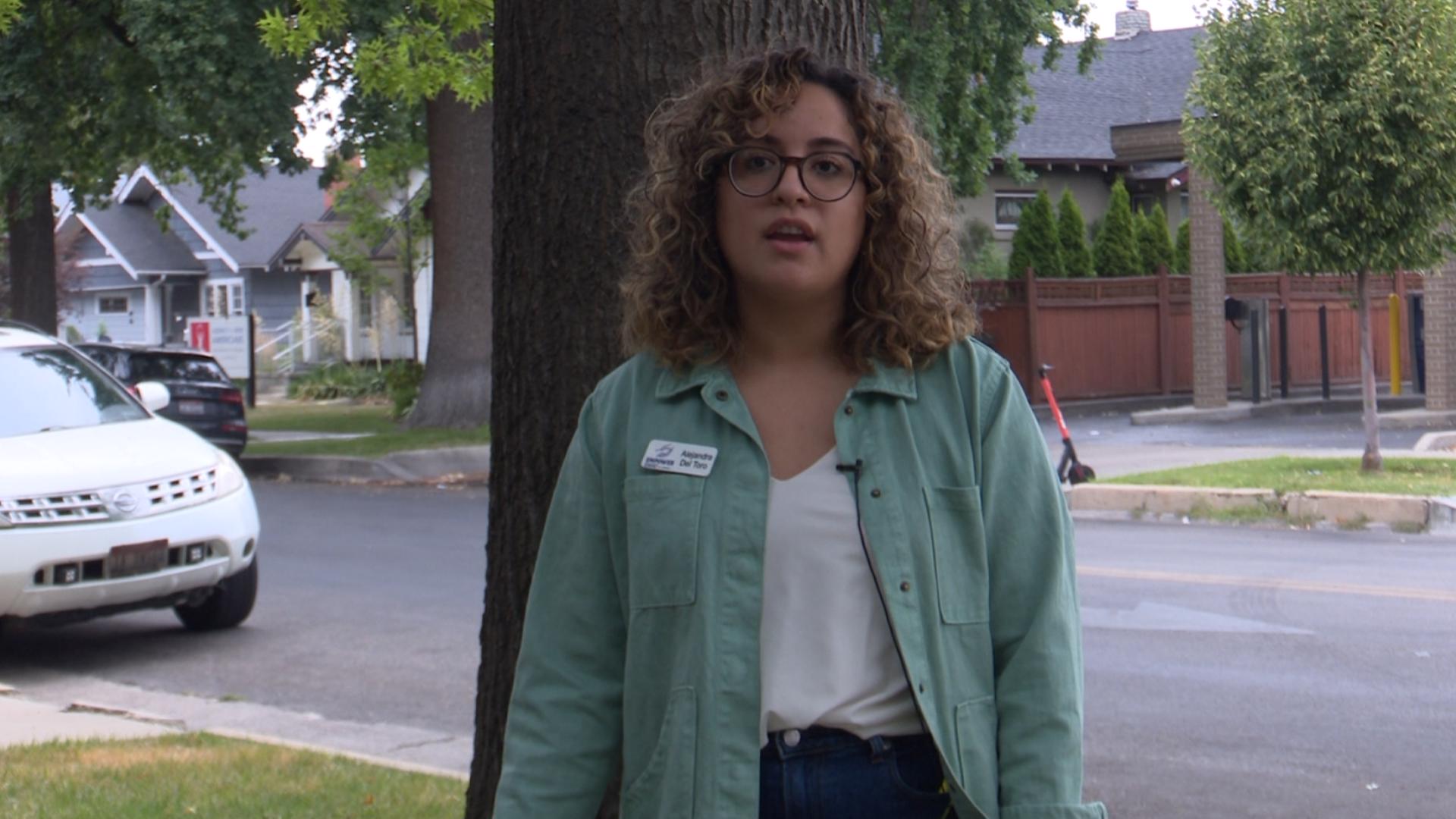BOISE, Idaho — The past couple of years brought to light the importance of addressing mental health in Idaho’s communities.
Empower Idaho’s Program Manager, Anna Guida says, "mental health in Idaho, I think there has been a lot of progress made."
Idaho’s Black Indigenous and People of Color (BIPOC) are being left behind when accessing help.
"It brought me to a place where I could no longer understood, or my cultural background weren't important or relevant to healing," Alejandra Del Toro said.
Adding to the difficulties are the ongoing provider shortages in Idaho.
"We are in a health care provider worker shortage area throughout the state, which means that the number of providers we have doesn't meet the need,” Guida said.
The shortages have limited the number of options available the BIPOC community.
"That on top of the worker shortage means that those folks will have less of an option to connect with culturally and will understand their unique backgrounds,” Guida said.
That was the case for Del Toro.
"The people I was seeking out treatment from were white women. It wasn't until a few sessions in that I would quickly come to realize that some nuances that were a part of my growing up, they were not taken into account when I was telling my story,” she said.
Along with the lack of healthcare access, some cultures stigmatize mental health and seeking help.
"Mental health wasn't something that was discussed, acknowledged, or understood or was even a thing. It was a taboo subject when you were feeling sad or anything like that,” Del Toro said.
To help move mental health in BIPOC communities forward, Del Toro joined Empower Idaho, a Boise-based organization that promotes mental well-being.
"I can also share what brought me to Empower Idaho and that is very much the stigma and the state of where Idaho is at right now as far as mental health, education and understanding with cultural competent providers and beyond,” Del Toro said.
Del Toro also says BIPOC community members should consider asking these questions when taking the next steps to seeking help: “Does my provider communicate effectively with me? Is my provider willing to integrate my beliefs, cultural background into my treatment plan?”
Even though resources are limited in Idaho, Del Toro says there are other national resources available to the BIPOC community. One of those resources is the website Inclusive Therapist. Empower Idaho encourages everyone to take advantage of that option or others listed on their website.
Watch more Local News:
See the latest news from around the Treasure Valley and the Gem State in our YouTube playlist:

